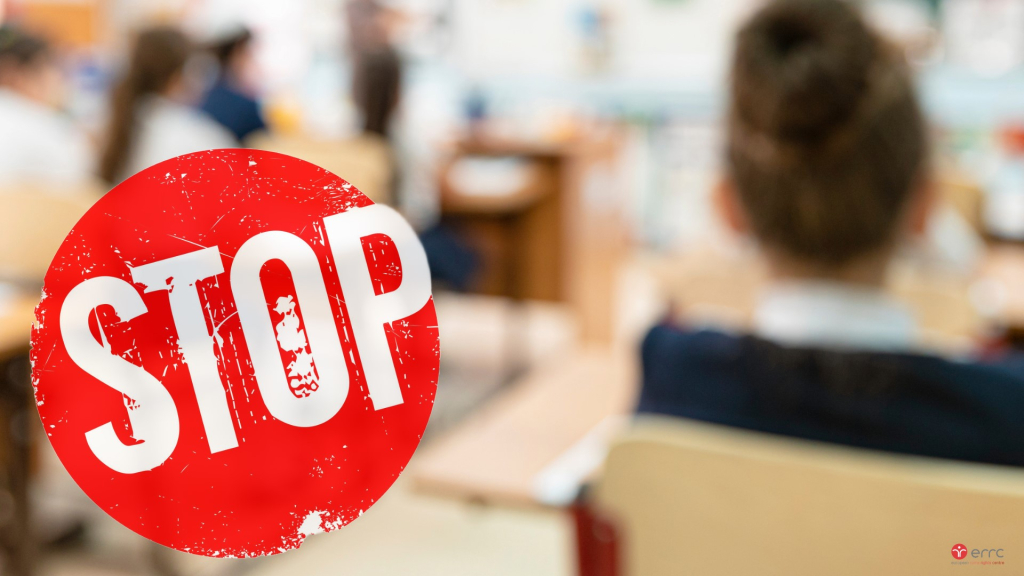UN Expert Calls for ‘Strict Anti-Segregation Policies’ to be Enforced in Hungary
26 March 2025

The UN Special Rapporteur on the right to education, Farida Shaheed, stated at the end of her visit to Hungary that strict anti-segregation policies must be enforced to prevent Romani students from being wrongly placed in special education and to ensure equal access to quality education. In a press release issued on 21 March 2025, Farida Shaheed expressed “serious concerns about widening inequalities, curriculum rigidity, the marginalisation of Roma students and the erosion of academic freedom.”
The Special Rapporteur warned of a “hollowing out” of the public education system, with growing inequalities between under-resourced state schools and better-funded church-run institutions, which now account for about 20%, with over 33% of secondary schools now under church control.
Shaheed warned that as more schools go private, particularly in remote areas, public schools will be left with fewer resources and a higher concentration of disadvantaged students, leading to increased segregation of Romani children. Shaheed called for measures to curb selective admissions and promote inclusivity, as well as equal funding and transparent resource allocation across all school types: “Non-public education must always support public education, not replace it.”
On the systemic segregation of Roma in public education, the Special Rapporteur noted that despite landmark litigation victories in the Hungarian Supreme Court and the European Court of Human Rights, school segregation remains a persistent issue. Romani children are often placed in separate classes or schools under seemingly neutral criteria such as "weaker" and "stronger" groups. An estimated 35% of Roma students attend majority-Roma schools, and complaints about segregation accounted for 69% of those received by the Ombudsman for Fundamental Rights in 2023.
A major concern is the systemic over- and misdiagnosis of Roma children with learning disabilities, leading to placement in special education without proper justification, which further exacerbates their educational disadvantage. Shaheed recommended the systematic collection of ethnically-disaggregated data to track segregation patterns and stated that “strict anti-segregation policies must be enforced to prevent Roma students from being wrongly placed in special education and to ensure equal access to quality education.”
In a system that has become increasingly centralized, where public education, is under the control of the Ministry of Interior, Shaheed found that “the national curriculum is rigid and fails to adequately reflect the diversity of Hungarian society, for example, Romani culture or LGBTQI+ identities.” The rapporteur was touched by the concern students had for their teachers, who they stressed are “underpaid, lack autonomy in teaching and do not receive the respect they deserve.”
The Special Rapporteur urged Hungary to renew its commitment to inclusive, quality education for all, because “the future of Hungary’s children — and its democracy — depends on it.” As for Hungary’s democracy, the Special Rapporteur’s visit coincided with Prime Minister Orbán vow to eliminate his opponents – a ‘shadow army’ serving the European Union – likening them to stink bugs who have overwintered, and promising a spring clean come Easter. Days later, the regime passed a new law which bans Pride events, and allows authorities to use facial recognition technology to identify and fine anyone attending. The future of Hungary’s children and its democracy remains in peril, for to date the prospect of an inclusive quality education for all has fallen victim to regime thuggery and the regime promises to be on its worst behaviour from here on in.




